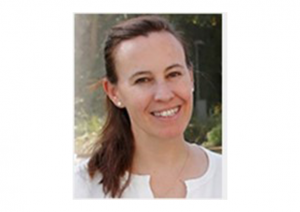Dr Amaya Viros Usandizaga
 Email: amaya.virosusandizaga@manchester.ac.uk
Email: amaya.virosusandizaga@manchester.ac.uk
Research profile and key clinical specialties
My group studies how age and sex shape the clinical course and molecular hallmarks of skin cancer, and how this impacts therapy.
We are interested in how the extracellular matrix ages, and which components of the ECM impact survival of elderly patients (1st paper).
We also work on non-tumour cells in aged and young skin that drive aggressive skin cancer at early stages of disease, and this process differs by sex.
We have recently found that the immune response at early stages of skin cancer onset differs by sex, explaining why women have less skin cancer and better outcome overall (2nd paper).
Two key publications
- Budden T, Gaudy-Marqueste C, Porter A, Kay E, Gurung S, Earnshaw CH, Roeck K, Craig S, Traves V, Krutmann J, Muller P, Motta L, Zanivan S, Malliri A, Furney SJ, Nagore E, Virós A. (2021) Ultraviolet light-induced collagen degradation inhibits melanoma invasion. Nat Commun. 12(1):2742.
- Budden T, Gaudy-Marqueste C, Craig S, Hu Y, Earnshaw CH, Gurung S, Ra A, Akhras V, Shenjere P, Green R, Jamieson L, Lear J, Motta L, Caulín C, Oudit D, Furney SJ, Virós A. (2021) Female Immunity Protects from Cutaneous Squamous Cell Carcinoma. Clin Cancer Res. 2021 Jun 1;27(11):3215-3223.
Possible PhD projects
How response to immunotherapy differ by sex, and how the ageing metabolism of immune cells in the TME affect skin cancer immunity. Discovering how the nutrient poor, aged TME affects skin cancer.
More information
I am a Wellcome Clinician Scientist and a Melanoma Research Alliance Young Investigator.
——————–
Keywords: skin cancer, extracellular matrix ages, elderly, immune, collagen-degradation, melanoma, nutrient, Amaya, Viros usandizaga, Manchester


0 Comments